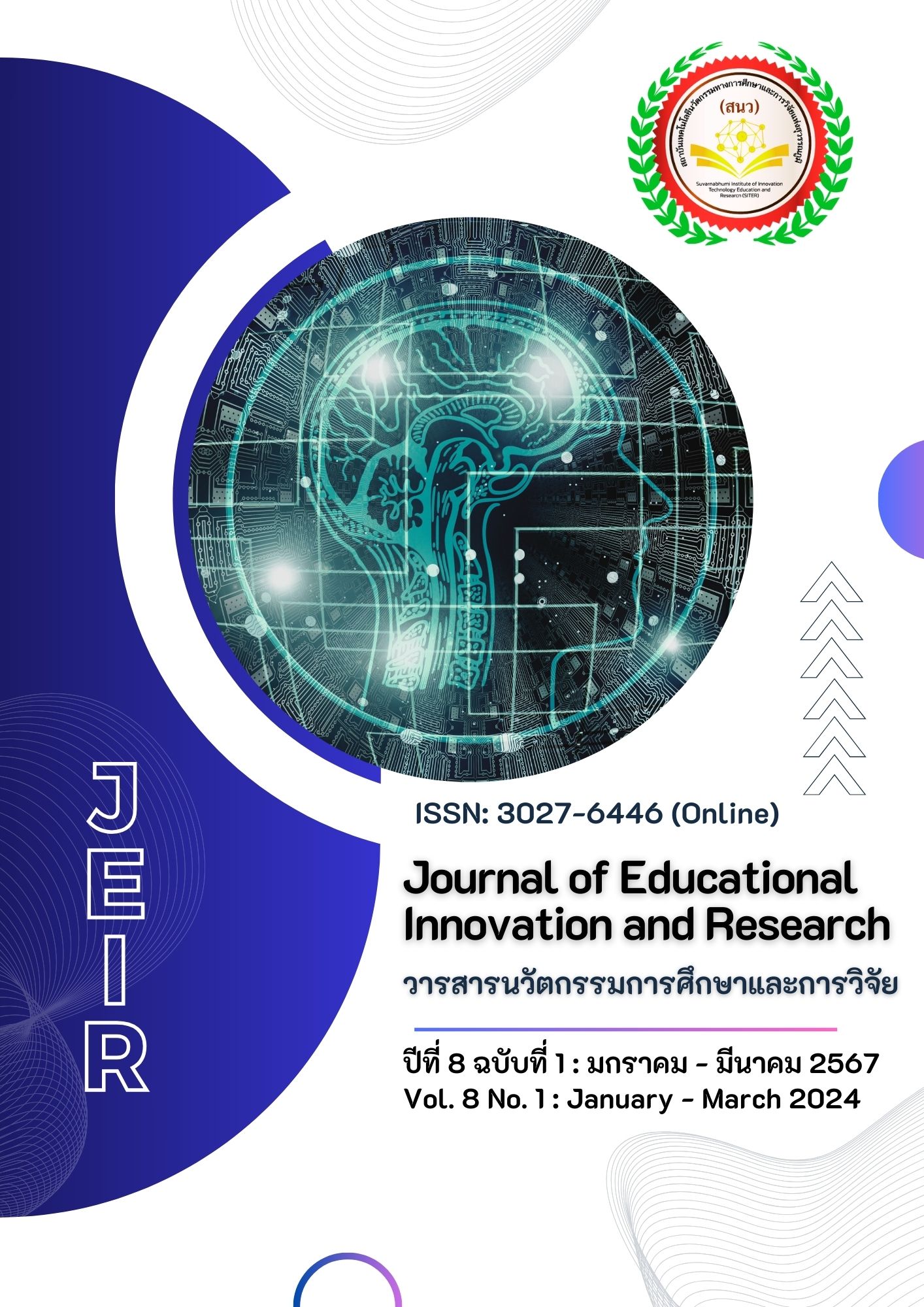กลยุทธ์การบริหารคุณภาพทั้งองค์กรของโรงเรียนในโครงการพัฒนาเด็ก และเยาวชนในถิ่นทุรกันดาร ตามพระราชดำริฯ สมเด็จพระกนิษฐาธิราชเจ้า กรมสมเด็จพระเทพรัตนราชสุดาฯ สยามบรมราชกุมารี ของจังหวัดแม่ฮ่องสอน
Main Article Content
บทคัดย่อ
บทความนี้มีวัตถุประสงค์ (1) ศึกษาสภาพ ปัญหา และปัจจัยแห่งความสำเร็จในการบริหาร คุณภาพทั้งองค์กรของโรงเรียนในโครงการฯ (2) พัฒนากลยุทธ์การบริหารคุณภาพทั้งองค์กรของโรงเรียน ในโครงการฯ และ (3) ประเมินกลยุทธ์การบริหารคุณภาพทั้งองค์กรของโรงเรียนในโครงการฯ รูปแบบการ วิจัยเป็นแบบผสานวิธี ผู้ให้ข้อมูลประกอบด้วย ผู้มีส่วนเกี่ยวข้องกับการจัดการศึกษา นักวิชาการศึกษา ประธานคณะกรรมการสถานศึกษา และนักวิชาการ เครื่องมือที่ใช้ในการวิจัยประกอบด้วย แบบสอบถาม ความคิดเห็น แบบสัมภาษณ์แบบกึ่งโครงสร้าง แบบบันทึกการประชุมเชิงปฏิบัติการ แบบประเมินกลยุทธ์ วิเคราะห์ข้อมูลโดยใช้การแจกแจงความกี่ ค่าร้อยละ ค่าเฉลี่ย ค่าส่วนเบี่ยงเบนมาตรฐาน และการวิเคราะห์ เนื้อหา
ผลการวิจัยพบว่า 1. ผลการวิจัยตามวัตถุประสงค์ข้อที่ 1 พบว่า สภาพการบริหารคุณภาพทั้งองค์กรของโรงเรียนใน โครงการฯ ทั้ง 5 องค์ประกอบ เรียงตามความกี่จากมากไปหาน้อยได้ดังนี้ 1) การตระหนักในคุณภาพ 2) การปรับปรุงระบบอย่างต่อเนื่อง 3) การให้ความสำคัญกับผู้รับบริการ 4) การทำงานเป็นทีม และ 5) การศึกษาอบรมและการสกอบรม ตามลำดับ ส่วนปัญหาการบริหารคุณภาพทั้งองค์กรของโรงเรียนใน โครงการฯ เรียงตามลำดับค่าเฉลี่ยรากมากไปหาห้อยได้ดังนี้ 1) การศึกษาอบรมและการสกอบรม 2) การ ให้ความสำคัญกับผู้รับบริการ 3) การตระหนักในคุณภาพ 4) การทำงานเป็นทีม และ 5) การปรับปรุงระบบ อย่างต่อเนื่อง ตามลำดับ ส่วนปัจจัยแห่งความสำเร็จของการบริหารคุณภาพทั้งองค์กรของโรงเรียนในโครงการฯ ได้แก่ บุคลากรงบประมาณ วัสดุอุปกรณ์ และการบริหารจัดการ
2. ผลการวิจัยตามวัตถุประสงค์ข้อที่ 2 พบว่า กลยุทธ์การบริหารคุณภาพทั้งองค์กรของโรงเรียน ในโครงการฯ ประกอบด้วย 1 วิสัยทัศน์ 3 พันธกิจ 3 เป้าประสงค์ 3 ประเด็นกลยุทธ์ 6 กลยุทธ์ 6 ตัวชีวัด 6 มาตรการ และ 6 โครงการ
3. ผลการวิจัยตามวัตถุประสงค์ข้อที่ 3 พบว่า กลยุทธ์การบริหารคุณภาพทั้งองค์กรของโรงเรียน ในโครงการฯ มีความสอดคล้อง ความเหมาะสม ความเป็นไปได้ และความเป็นประโยชน์ในภาพรวมอยู่ใน ระดับมากที่สุดองค์ความรู้จากงานวิจัยนี้จะเป็นประโยชน์ต่อหน่วยงานด้นสังกัด และสถานศึกษาสามารถนำกลยุทธ์ การบริหารคุณภาพทั้งองค์กรของโรงเรียนในโครงการฯ ไปปรับใช้ในการกำหนดนโยบายและวางแผนพัฒนาคุณภาพการศึกษาเพื่อยกระดับคุณภาพการศึกษาสู่ความเป็นเลิศได้
Article Details

อนุญาตภายใต้เงื่อนไข Creative Commons Attribution-NonCommercial-NoDerivatives 4.0 International License.
เอกสารอ้างอิง
Boonmee, J. (2021). Result-based administrative strategy development of schools under the Office of the Basic Education Commission. Journal of Social Science and Buddhistic Athropology, 6(2), 50-65.
Buaphan, T. (2015). School management strategies to enhance creative thinking characteristics of elementary school students [Doctoral dissertation, Chulalongkorn University].
Chonburapun, P. (2016). A model of instructional supervision for enhancing ability in developing thinking skills of the students in basic education level [Doctoral dissertation, Dhurakij Pundit University].
Educational Council, Secretariat. (2009). A result summary of nine-year educational reform (1999-2008). Bangkok: V.T.C. Communication.
Jansathian, M, Yuangkaew, P. & Ungpanyasatawong, I. (2017). Total quality management.
http://sc2.kku.ac.th/stat/statweb/images/Eventpic/60/Seminar/01_14_.pdf
Mankhong, N. (2019). Community participation in school administration in Thailand 4.0.Veridian E- Joumal Silpakorn University, 12(2), 444-457.
Office of the Basic Education Commission. (2019). Policies of the Office of the Basic Education Commission, Fiscal Year 2000. Bangkok: Agricultural Cooperative Community of Thailand.
Petin, T. (2017). School management strategies according to the concept of academic optimism for enhancing students’ achievement. Journal of Education Studies, 47(2), 67-82.
Phongphanit, K. (2009, March 2). Educational reform, second round (1). Matichon, p.22.
Tinnayano, P. (2021). Strategic management process of educational institutions. MBU Roi Et Journal of Global Education Review, 1(1), 35-46.


